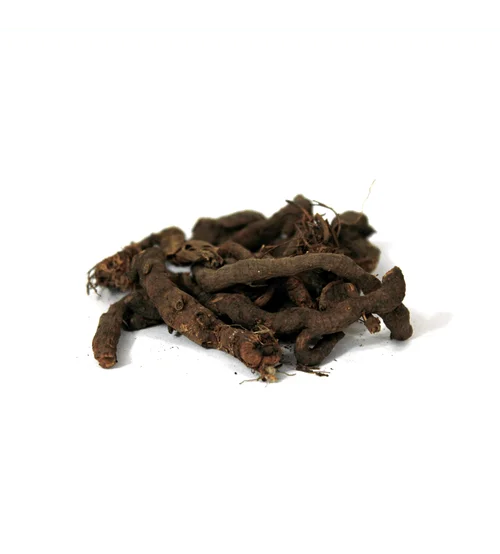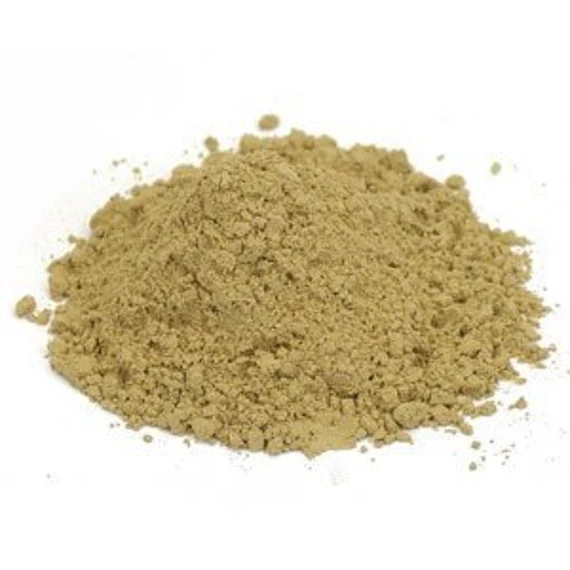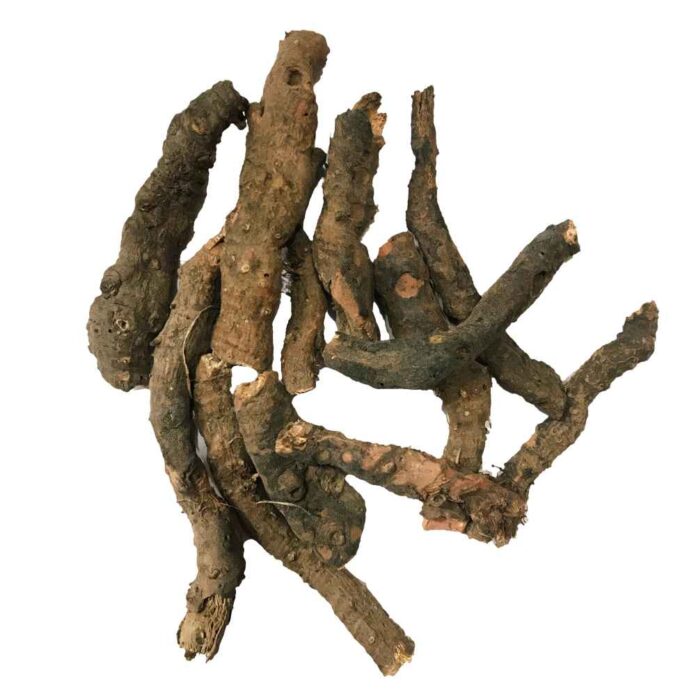
Introduction:
Anjbar, also known scientifically as Polygonum aviculare or knotgrass, is a well-known medicinal herb traditionally used in herbal medicine systems across the world, including Unani and Ayurvedic medicine. When dried, Anjbar retains its potent healing properties and is commonly referred to as Anjbar Dry Herb.
English: Knotgrass / Common Knotgrass
Arabic: عنجبار (Anjbar)
Urdu: عنجبار
Hindi: अनजबाल / चिरचिटा (Anjbar / Chirchita)
Persian (Farsi): عنجبار
Sanskrit: दुरालभ (Duralabha) / मृदुपर्णिका (Mriduparnika)
Punjabi: ਅੰਜਬਾਰ (Anjbar)
Gujarati: અંજબાર
Tamil: கீரை வகை (Keerai Vagai – general term for greens)
HEALTH BENIFITS:

Stops Bleeding (Hemostatic)
- Traditionally used to stop internal and external bleeding, including nosebleeds, heavy menstruation, and bleeding gums.
Astringent Properties
- Helps tighten tissues and reduce secretions, making it useful in treating diarrhea, wounds, and skin conditions.
Anti-inflammatory
- Reduces inflammation in the body, especially in the digestive tract and skin.
Wound Healing
- Promotes faster healing of cuts, bruises, and ulcers when applied topically.
Diarrhea and Dysentery Relief
- Used to treat gastrointestinal issues like diarrhea, especially when caused by infection or inflammation.
Oral Health Support
- Gargling with Anjbar decoction can help with mouth ulcers, sore throat, and gum infections.
Antibacterial and Antiviral
- Has natural properties that help fight infections, especially in the digestive and respiratory systems.
Antioxidant:
- Helps protect cells from damage caused by free radicals, supporting overall health and aging.
SIDE EFFECTS:

- Skin Reactions:
Individuals with sensitive skin may experience mild irritation upon contact with Japanese knotweed.
- Gastrointestinal Issues:
High doses of resveratrol, a compound found in knotweed, can cause nausea, vomiting, and diarrhea.
- Liver Dysfunction:
Long-term or high-dose resveratrol use may potentially lead to liver dysfunction.
Precautions:
- Allergies and Sensitive Skin:
Individuals with allergies or sensitive skin should exercise caution when handling Japanese knotweed.
- Pregnancy and Breastfeeding:
There is not enough reliable information to determine the safety of knotweed during pregnancy or breastfeeding, so it’s best to avoid use.
- Medical Conditions:
Individuals with pre-existing medical conditions should consult with a healthcare professional before using knotweed.
How to Use
Decoction (Boiled Herbal Tea)

How to prepare:
Boil 1–2 teaspoons of dried Anjbar herb in 1 cup of water for 5–10 minutes.
Strain and drink once or twice daily.
Used for:
Diarrhea, internal bleeding, sore throat, respiratory infections, and general detox.
Gargle / Mouthwash
How to prepare:
Use the decoction (as above), let it cool slightly, and gargle 2–3 times a day.
Used for:
Mouth ulcers, bleeding gums, sore throat, and oral inflammation.
Topical Application
How to prepare:
Make a decoction or paste of the dry herb and apply it directly to wounds, cuts, or skin infections.
Used for:
Wound healing, skin rashes, bruises, and boils.
Herbal Powder
How to use:
Grind Anjbar dry herb into a fine powder. Take 1/4 to 1/2 teaspoon with water or honey, once or twice daily.
Used for:
Internal bleeding, diarrhea, and menstrual issues.
Precautions
- Always consult a qualified herbalist or physician before using regularly, especially for pregnant women, breastfeeding mothers, or people with chronic conditions.
- Do not exceed recommended dosages.
- Ensure the herb is properly identified and sourced from a trusted supplier.




